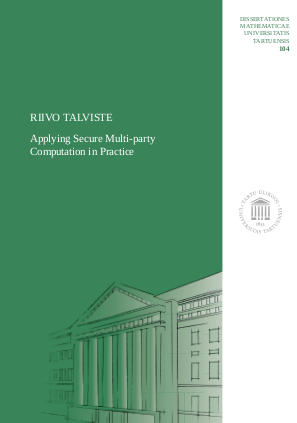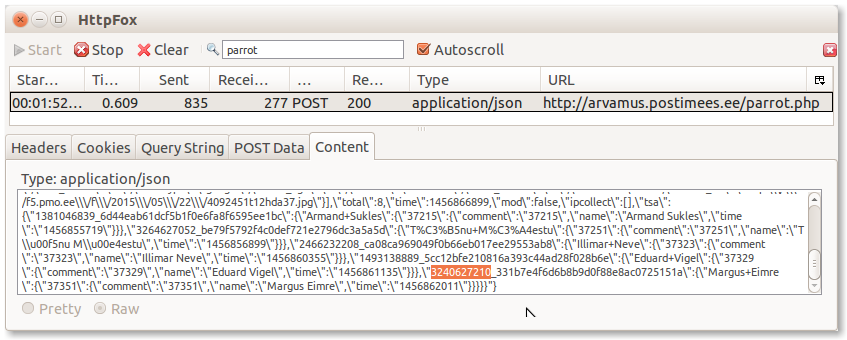
In February 29th interior ministry sent interest groups a letter inquiring about how many private detectives there might be in Estonia and how the domain ought to be regulated.
Mr Rüütel says almost everything is currently possible with help of public registers, but it is complicated to the absurd. For instance, anyone may have recourse to population register, pay €5 and ask is some definite individual has a mother and a father. «If they should answer that yes but they are dead, then I have a new question: do they have sisters or brothers. But for that I will again need to pay five euros. This is ridiculous,» said Mr Rüütel.
Pursuant to the Security Service Act in force, security companies are forbidden to provide private detective services i.e. security and private detective business cannot be combined. «For us, this is questionable. I think these services definitely should not be mutually exclusive,» said Mr Kuusik.
But if a law is created, he says it should grant expanded rights to private detectives. «The law makes no sense if covert photographs are not allowed in public space, which is a much needed service to collect evidence. The same with recording etc,» listed Mr Kala.
Links:
http://news.postimees.ee/3611981/private-detectives-behold-business-boom-on-horizon


